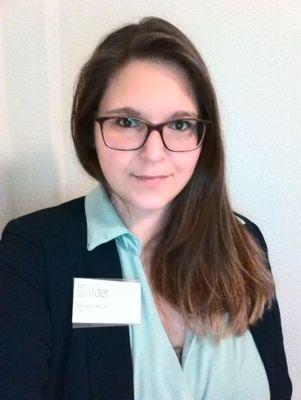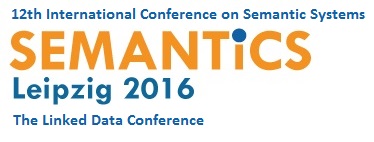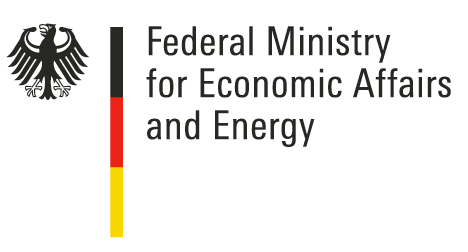
In this week’s colloquium Bettina Klimek will give a practice talk of the paper ‘Creating Linked Data Morphological Language Resources with MMoOn – The Hebrew Morpheme Inventory‘, which she will present at the LREC conference 2016, 23-28 May 2016, Slovenia, Portorož.
Abstract
The development of standard models for describing general lexical resources has led to the emergence of numerous lexical datasets of various languages in the Semantic Web. However, there are no models that describe the domain of morphology in a similar manner. As a result, there are hardly any language resources of morphemic data available in RDF to date. This paper presents the creation of the Hebrew Morpheme Inventory from a manually compiled tabular dataset comprising around 52.000 entries. It is an ongoing effort of representing the lexemes, word-forms and morphologigal patterns together with their underlying relations based on the newly created Multilingual Morpheme Ontology (MMoOn). It will be shown how segmented Hebrew language data can be granularly described in a Linked Data format, thus, serving as an exemplary case for creating morpheme inventories of any inflectional language with MMoOn. The resulting dataset is described a) according to the structure of the underlying data format, b) with respect to the Hebrew language characteristic of building word-forms directly from roots, c) by exemplifying how inflectional information is realized and d) with regard to its enrichment with external links to sense resources.
As a second talk, Muhammad Saleem will present his thesis titled “Efficient Source Selection For SPARQL Endpoint Federation” . This thesis addresses two key areas of federated SPARQL query processing: (1) efficient source selection, and (2) comprehensive SPARQL benchmarks to test and ranked federated SPARQL engines as well as triple stores.
About the AKSW Colloquium
This event is part of a series of events about Semantic Web technology. Please see http://wiki.aksw.org/Colloquium for further information about previous and future events. As always, Bachelor and Master students are able to get points for attendance and there is complimentary coffee and cake after the session. The colloquium will take place in room P701.

 In this week’s Colloquium, today 4th of April at 3 PM,
In this week’s Colloquium, today 4th of April at 3 PM,  Subsequently
Subsequently 


 On the 21th of March a 3 PM,
On the 21th of March a 3 PM,  Later on, at 3:30 PM,
Later on, at 3:30 PM, 

 In this week’s Colloquium, today 7th of March at 3 PM,
In this week’s Colloquium, today 7th of March at 3 PM, 